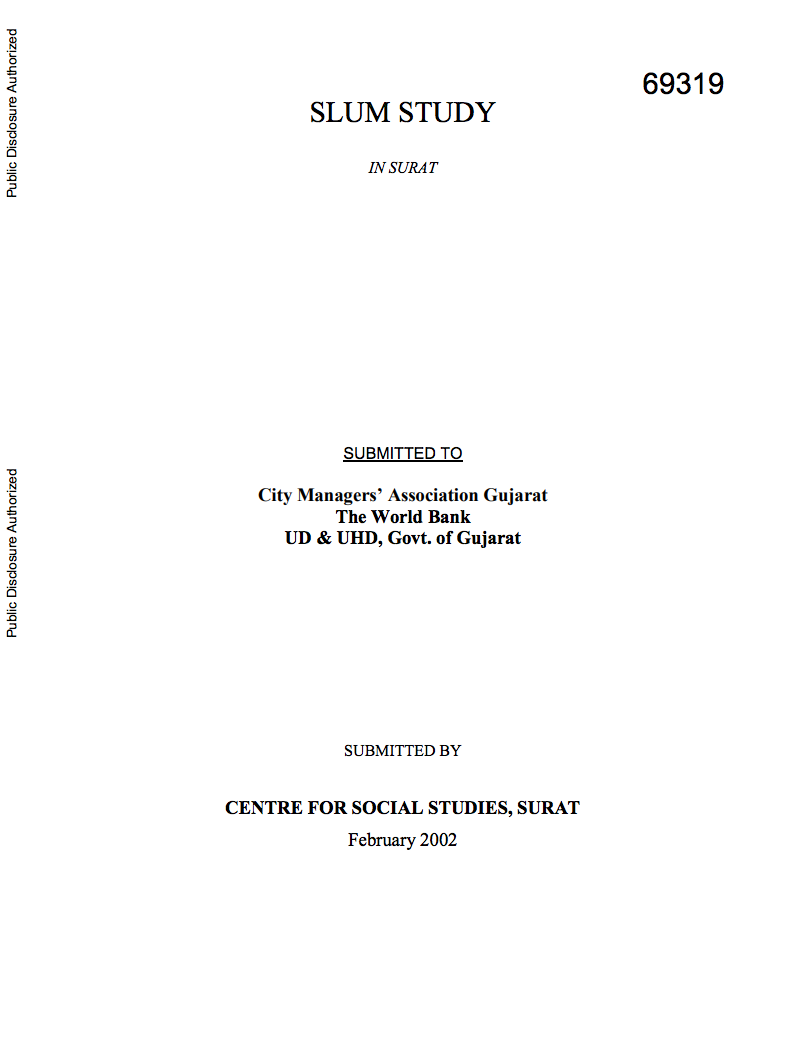The World Bank is a vital source of financial and technical assistance to developing countries around the world. We are not a bank in the ordinary sense but a unique partnership to reduce poverty and support development. The World Bank Group has two ambitious goals: End extreme poverty within a generation and boost shared prosperity.
- To end extreme poverty, the Bank's goal is to decrease the percentage of people living on less than $1.25 a day to no more than 3% by 2030.
- To promote shared prosperity, the goal is to promote income growth of the bottom 40% of the population in each country.
The World Bank Group comprises five institutions managed by their member countries.
The World Bank Group and Land: Working to protect the rights of existing land users and to help secure benefits for smallholder farmers
The World Bank (IBRD and IDA) interacts primarily with governments to increase agricultural productivity, strengthen land tenure policies and improve land governance. More than 90% of the World Bank’s agriculture portfolio focuses on the productivity and access to markets by small holder farmers. Ten percent of our projects focus on the governance of land tenure.
Similarly, investments by the International Finance Corporation (IFC), the World Bank Group’s private sector arm, including those in larger scale enterprises, overwhelmingly support smallholder farmers through improved access to finance, inputs and markets, and as direct suppliers. IFC invests in environmentally and socially sustainable private enterprises in all parts of the value chain (inputs such as irrigation and fertilizers, primary production, processing, transport and storage, traders, and risk management facilities including weather/crop insurance, warehouse financing, etc
For more information, visit the World Bank Group and land and food security (https://www.worldbank.org/en/topic/agriculture/brief/land-and-food-security1
Resources
Displaying 2376 - 2380 of 4907Sri Lanka : Promoting Agricultural and Rural Non-farm Sector Growth, Voume 2. Annexes and Statistical Tables
Economic development has brought about,
the decline in contribution of the agricultural sector to
the economy of Sri Lanka, and, consistent with this economic
transformation, the structure of employment also changed.
Thus, as labor migrates away from agriculture, the
productivity, for those who remain in the land, needs to
increase significantly. This report examines the constraints
to promoting more rapid agricultural, and rural non-farm
Slum Upgrading and Participation : Lessons from Latin America
This book talks about participation,
from the first to the last page. And that is its strength,
for participation is a road leading to democracy. The true
participation it talks about does not rely on hours of
compulsory labor or imposed levies; there is nothing forced
about it. Rather, it is a process in which men and women
engage their will, their sense of responsibility, their
abilities, their dignity. It is a vital participation,
Fire without Smoke : Learning from the National Program on Improved Chulhas
A major section of over 720 million
rural poor in India continue to depend on biomass sources
for meeting their energy requirements. Most of these poor
people continue to burn biomass in energy-inefficient
devices, locally called Chulhas. This study report is based
on an evaluation of the National Program for Improved
Chulhas (NPIC) conducted as part of a larger Bank study
entitled India : household energy, indoor air pollution and
Water Resources Sector Strategy : Strategic Directions for World Bank Engagement
In 1993 the Board of the World Bank
endorsed a Water Resources Management Policy Paper (WRMPP).
In that paper, and in this Strategy, water resources
management comprises the institutional framework (legal,
regulatory and organizational roles), management instruments
(regulatory and financial), and the development, maintenance
and operation of infrastructure (including water storage
structures and conveyance, wastewater treatment, and
Slum Study in Surat
This report discusses the study of slums
in the city of Surat and it is divided into eight sections.
Section one introduces the study and discusses general
background, overall methodology, methods and techniques of
data collection, and methods of analysis; section two
profiles the city of Surat and slums therein; section three
discusses definition and recognition of slums and situation
of tenure of land along with the physical and social







